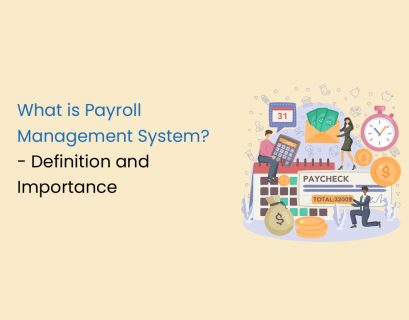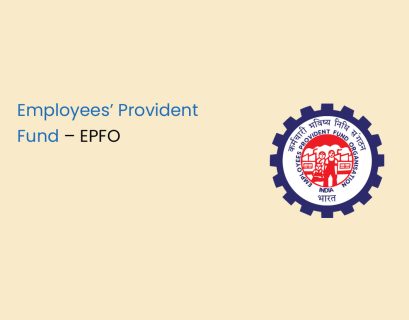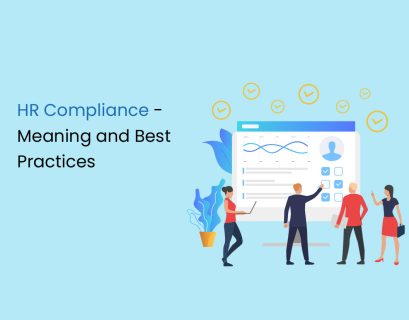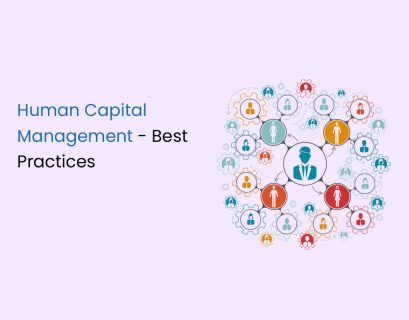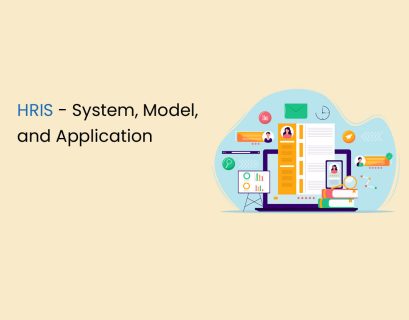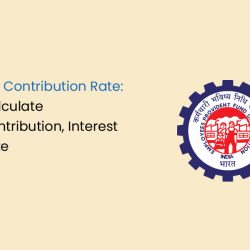What is Payroll Management System? – Definition and Importance
May 17, 2024• Payrolling
Payroll management is one of the most crucial business operations. Managing payroll is essential for any business, regardless of size or...
Read More →
What is Dearness Allowance? – Meaning, Types, and Calculation
May 13, 2024• Payrolling
Dearness Allowance (DA) serves as a crucial cost-of-living adjustment provided by the government to public sector employees and pensioners....
Read More →
Employees’ Provident Fund – EPFO
February 19, 2024• Payrolling
The Employees’ Provident Fund (EPF) stands as the primary scheme governed by the Employees’ Provident Funds and Miscellaneous...
Read More →
PF Form 19 – Benefits & How to Fill Form 19?
February 14, 2024• Payrolling
The Employees’ Provident Fund (EPF) is a government-supported retirement initiative, requiring monthly contributions from both employees...
Read More →
EPF Form 10C – Eligibility, Benefits & Claim Online
February 3, 2024• Payrolling
The Employees’ Pension Fund (EPF) and Employees’ Pension Scheme (EPS) are integral retirement schemes administered by the...
Read More →
HR Compliance – Meaning and Best Practices
February 2, 2024• Payrolling
The human resources department is a crucial aspect of any organisation. Every organisation must follow specific statutory laws to ensure...
Read More →
Human Capital Management – Best Practices
January 31, 2024• Payrolling
Organisations today understand that their workforce is their greatest asset, and success is no longer only about products or services but...
Read More →
HRIS – System, Model, and Application
January 29, 2024• Payrolling
Human Resource Information Systems (HRIS) have revolutionised how companies manage their human resources. In today’s competitive...
Read More →
HR Strategy – How to Create One and Best Practices
January 20, 2024• Payrolling
Creating an HR strategy for managing your employees is crucial for your company. This plan should help your employees improve their skills...
Read More →
HRA Calculation – How to Calculate Exemption
January 18, 2024• Payrolling
House Rent Allowance (HRA) is a standard part of many people’s salaries. It’s money given to employees by their employers to...
Read More →
(Visited 569 times, 3 visits today)
